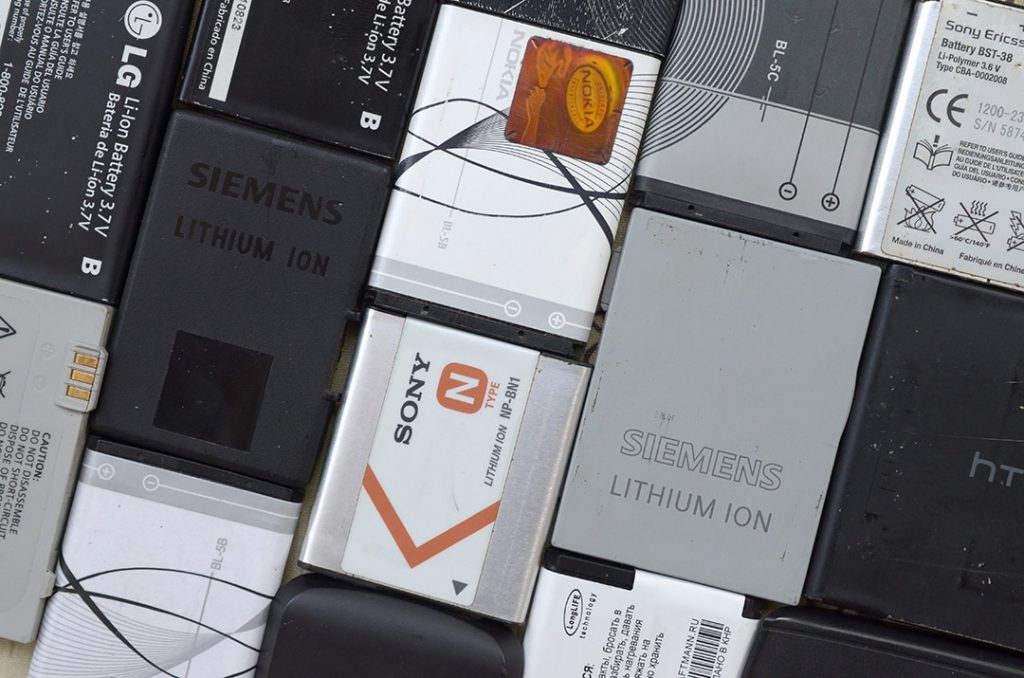
Battery processor Li-Cycle faced accusations from a short seller that it uses deceptive accounting practices. | Mehaniq/Shutterstock
Publicly traded battery recycling company Li-Cycle has been accused by a short seller of “Enron-like accounting” methods.
In press releases, Hagens Berman and Johnson Fistel, shareholder rights law firms, asked investors who suffered significant losses related to Li-Cycle to reach out.
Hagens Berman said it is “investigating possible securities law violations.”
So far, no Securities and Exchange Commission (SEC) investigation into Li-Cycle has been announced. Li-Cycle did not respond to a request for comment before deadline.
Short seller report
Both law firms said they started looking into the company after short seller Blue Orca Capital released a report on March 24 questioning Li-Cycle’s practices. Blue Orca has a short position on Li-Cycle and therefore stands to profit if the value of the company’s shares drop.
“In the past, Li-Cycle has claimed the company’s financial statements presented fairly, in all material respects, the financial position of Li-Cycle in conformity with International Financial Reporting Standards,” the Hagens Berman press release said. “These and other claims came into question on March 24, 2022, when Blue Orca Capital published a scathing report questioning in part Li-Cycle’s revenue recognition practices.”
Blue Orca said that Li-Cycle “is a near fatal combination of stock promotion, laughable governance, a broken business hemorrhaging cash and highly questionable Enron-like accounting.”
The 2001 Enron scandal was an accounting scandal by Texas energy company Enron Corporation. Blue Orca said the two situations are similar because a significant portion of the company’s revenues are not derived from bona fide sales of recycled products, but rather Li-Cycle’s provisional estimates of the value of the product. Li-Cycle in effect uses “mark-to-model accounting,” Blue Orca said, meaning it pulls sales forward from future periods and uses its own “self serving” estimates to recognize revenue.
“This accounting treatment is plainly vulnerable to abuse, giving Li-Cycle discretion over its reported revenues,” Blue Orca said, adding that it calculated that 45% of Li-Cycle’s reported revenues in the last quarter were derived from “simply marking up receivables on products that had not been sold.”
Blue Orca also questioned whether the resignation of Li-Cycle’s auditor and chief financial officer were caused by the “highly aggressive accounting” style. It noted that Li-Cycle’s co-founder and chairman, Tim Johnston, is a “serial penny stock promoter” who cannot act as a director or officer of any TSXV-listed company without prior approval from Canadian TSX Venture, a decision the exchange made because of Johnston’s actions when he was president and CEO of Desert Lion Energy.
Blue Orca also alleged Li-Cycle diverted half a million dollars of investor money to family. Additionally, the company requires $1 billion in near-term capital, is hiding negative gross margins, and has questionable environmental, social and governance (ESG) commitments, because Li-Cycle’s advisor, major shareholder and company consultant “owned a Tanzanian diamond mine which has been accused of appalling human rights abuses,” Blue Orca said.
The price of Li-Cycle shares fell from $8.24 on March 23 to $7.66 on March 24. It stayed low through March 29, when it began to climb over $8 again.
Li-Cycle went public in August 2021 and will hold its first annual shareholder meeting April 28.